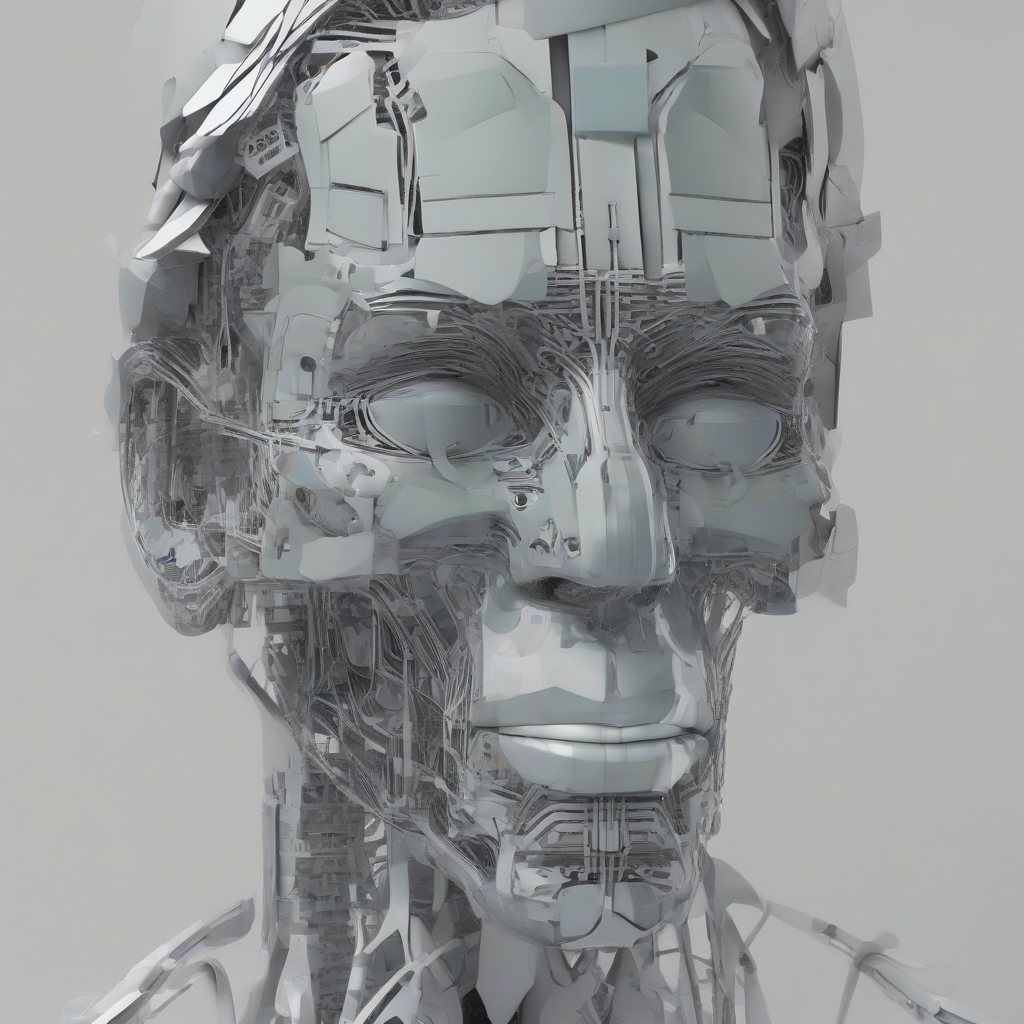
Superior Plumbing and Gas: Your Comprehensive Guide to Expert Services
This comprehensive guide delves into the world of superior plumbing and gas services, exploring the intricacies of these essential systems within your home or business. We’ll cover various aspects, from preventative maintenance and common issues to emergency repairs and the latest advancements in plumbing and gas technology.
Understanding Plumbing Systems
Plumbing systems are the backbone of any building, responsible for the safe and efficient delivery of water for various purposes. A well-maintained plumbing system ensures comfort, hygiene, and prevents costly repairs down the line. Let’s explore some key components:
- Water Supply Lines: These pipes carry water from the main source (city water or well) throughout the building. Regular inspections are crucial to identify potential leaks or corrosion.
- Fixtures: This includes faucets, sinks, toilets, showers, and other appliances that utilize water. Regular cleaning and maintenance of these fixtures extend their lifespan and prevent clogs.
- Drains and Sewers: These systems remove wastewater and waste materials from your property. Clogs can lead to backups and unpleasant odors, requiring professional intervention.
- Water Heaters: These appliances heat water for domestic use. Regular maintenance, including flushing and inspection, prevents breakdowns and ensures optimal efficiency.
- Pipes: Understanding the different types of pipes (copper, PVC, PEX) is essential for proper maintenance and repair. Each material has its own strengths and weaknesses.
Common Plumbing Problems and Solutions
Plumbing issues can range from minor inconveniences to major emergencies. Knowing the common problems and their solutions can save you time, money, and stress.
- Clogged Drains: This is a common problem often caused by hair, soap scum, and other debris. Simple solutions include using a plunger or drain cleaner, but persistent clogs require professional attention.
- Leaking Faucets: A dripping faucet can waste gallons of water over time and damage surrounding surfaces. Replacing worn-out parts or the entire faucet is often necessary.
- Low Water Pressure: This can be caused by various factors, including mineral buildup, leaks, or problems with the main water supply. A professional plumber can diagnose the problem and implement the appropriate solution.
- Toilet Issues: From running toilets to clogs, toilet problems are a common occurrence. Simple fixes might involve adjusting the flapper or using a plunger, but more complex issues require professional assistance.
- Water Heater Problems: Issues like leaks, lack of hot water, or strange noises indicate potential problems that need immediate attention to prevent further damage.
Understanding Gas Systems
Gas systems, whether natural gas or propane, provide crucial energy for heating, cooking, and other appliances. Safety is paramount when dealing with gas, so regular inspections and maintenance are essential.
- Gas Lines: These pipes transport gas from the main supply to your appliances. Leaks in gas lines are extremely dangerous and require immediate professional attention.
- Gas Appliances: This includes furnaces, water heaters, stoves, and fireplaces. Regular servicing is crucial for optimal performance and safety.
- Gas Meters: These meters measure gas consumption. Understanding how to read your gas meter is important for monitoring usage and identifying potential leaks.
- Gas Detectors: Installing carbon monoxide detectors is crucial for safety, as carbon monoxide is an odorless, colorless gas that can be deadly.
Common Gas Problems and Solutions
Gas system problems require immediate attention due to safety concerns. Never attempt to repair gas leaks yourself.
- Gas Leaks: The smell of gas or a hissing sound indicates a leak. Immediately evacuate the premises and contact a qualified gas technician.
- Appliance Malfunctions: If a gas appliance is not working properly, do not attempt to repair it yourself. Contact a qualified technician for inspection and repair.
- Pilot Light Issues: A constantly flickering or extinguished pilot light can indicate a problem with the gas supply or the appliance itself.
- Carbon Monoxide Poisoning: Symptoms include headache, dizziness, and nausea. If you suspect carbon monoxide poisoning, evacuate the premises immediately and seek medical attention.
Preventative Maintenance: The Key to Longevity
Preventative maintenance is crucial for both plumbing and gas systems. Regular inspections and minor repairs can prevent major breakdowns and costly repairs down the line.
- Annual Inspections: Schedule annual inspections of your plumbing and gas systems by a qualified professional.
- Regular Cleaning: Regularly clean your fixtures and drains to prevent clogs and buildup.
- Check for Leaks: Regularly check for leaks around faucets, pipes, and appliances.
- Flush Water Heater: Flush your water heater annually to remove sediment buildup.
- Test Gas Detectors: Regularly test your carbon monoxide and gas detectors.
Choosing a Superior Plumbing and Gas Service Provider
Choosing the right plumbing and gas service provider is crucial. Consider the following factors:
- Licensing and Insurance: Ensure the provider is properly licensed and insured.
- Experience and Expertise: Choose a provider with extensive experience and expertise in both plumbing and gas services.
- Customer Reviews and Testimonials: Check online reviews and testimonials to gauge the provider’s reputation.
- Emergency Services: Ensure the provider offers 24/7 emergency services.
- Pricing and Transparency: Obtain clear and upfront pricing information before any work commences.
Advanced Plumbing and Gas Technologies
The plumbing and gas industry is constantly evolving, with new technologies enhancing efficiency and sustainability.
- Tankless Water Heaters: These water heaters provide on-demand hot water, saving energy and space.
- Smart Thermostats: These thermostats learn your usage patterns and optimize energy consumption.
- Water-Saving Fixtures: Low-flow faucets and toilets can significantly reduce water consumption.
- Leak Detection Systems: These systems can detect and alert you to leaks, minimizing water damage.
- PEX Piping: PEX piping is a flexible, durable material that is becoming increasingly popular in plumbing systems.
Emergency Plumbing and Gas Situations
Knowing how to handle emergency situations is crucial. Here’s a breakdown of actions to take:
- Gas Leaks: Evacuate the premises immediately and contact a qualified gas technician. Do not attempt to repair the leak yourself.
- Burst Pipes: Turn off the main water supply and contact a plumber immediately. Attempt to contain the water damage as much as possible.
- Sewage Backup: Contact a plumber immediately. Sewage backups pose a significant health risk.
- Flooding: If your home is experiencing flooding, contact emergency services and a plumber. Attempt to prevent further water damage.
Understanding Your Plumbing and Gas Bills
Understanding your plumbing and gas bills is important for budgeting and identifying potential issues.
- Water Usage: Monitor your water usage to identify potential leaks or inefficient appliances.
- Gas Consumption: Track your gas consumption to identify potential leaks or inefficient appliances.
- Bill Breakdown: Understand the different components of your bill, including water charges, gas charges, and other fees.


